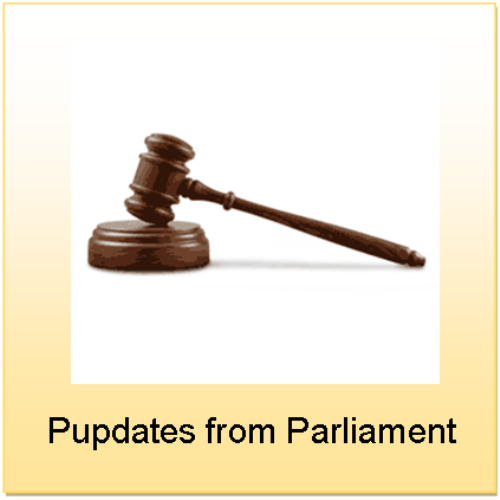The Renters Rights Bill
On the 11th of September 2024 the Renters Rights Bill was introduced to the house of commons.
Within the Renters Rights Bill there is a section where it addresses tenants renting with pets. The Bill will try to include the following guidelines for tenants renting with pets.
Pets can bring a huge amount of joy. The Bill aims to support responsible pet ownership in the private rented sector. The Renters’ Rights Bill will ensure landlords do not unreasonably withhold consent when a tenant requests to have a pet in their home, with the tenant able to challenge unfair decisions.
Some landlords are concerned about potential damage caused by pets. That is why the Renters’ Rights Bill will allow landlords to require insurance covering pet damage. This will provide landlords with reassurance that any damage caused by a pet can be taken care of, and that the responsibility for preventing and resolving damage caused by a pet will fall to the tenant.
What is a reasonable reason for a landlord to refuse a tenant having a pet?
Landlords will be required to fully consider all requests on a case-by-case basis. Due to the diversity of landlords, tenants, and properties in the private rented sector, it would not be possible to legislate for every situation where a landlord would or would not be able to ‘reasonably’ refuse a pet.
It will always be reasonable for a landlord to refuse a request when their superior landlord prohibits pets.
What happens if a landlord unreasonably refuses?
Where a tenant feels that a landlord has unreasonably refused their request, they will be able to escalate their complaint to the Private Rented Sector Ombudsman or they could take the case to court.
A final decision will be based on the evidence provided by both parties.
What happens if a pet damages a property?
Tenant Fees Act 2019 will be amended so that landlords can require insurance to cover any damage caused by pets living in the property. If the landlord takes out the insurance, those reasonable costs will be recoverable from the tenant.
Tenants also pay a tenancy deposit which can be used for damages although landlords should not attempt to recover costs twice for the same damage.
In the very rare cases where the insurance and deposit do not cover the cost of the damage, a landlord could take the tenant to court to recoup additional funds in line with wider rules in the sector.


